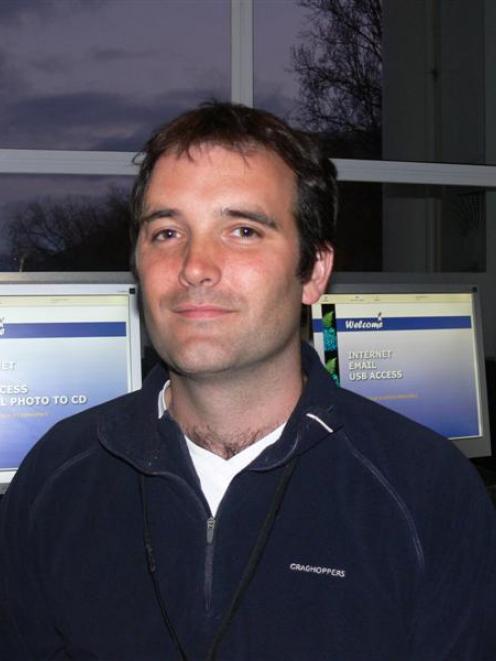
A study released yesterday shows that while more than a quarter of New Zealanders regularly use the Internet to meet people, 80% of parents and caregivers are concerned about children's Internet safety.
Parents are worried about a new form of stranger danger in the form of cyber-bullying - abuse through email, chatrooms or text messaging.
Panicking and confiscating access to the Internet and mobile phones is no solution to the problem, Childnet International deputy chief executive officer Will Gardner said in an interview in Queenstown.
Childnet International is a British charity aiming to increase safety for children using the Internet.
Mr Gardener is a keynote speaker at the NetSafe conference in the resort this week.
The issues around Internet safety often arose when adults such as parents or teachers did not understand the importance of the online world to their children.
"You get children as young as 8 now who say, 'Take away my phone and take away my life'," he said.
When children thought they would be restricted from the Internet and mobile phones if they reported bad experiences, such as bullying, they were less likely to report it, he said.
Cyber-bullying had become a problem in most countries, including New Zealand, with implications that could be ignored, Mr Gardner said.
"There are children who had committed suicide . . . it can't be said that cyber-bullying was the only cause, but it has been a factor."
Two New Zealand teenagers also at the conference are looking forward to having their chance to put the case for better control systems to an issue they say is widespread.
"Everyone I know knows of a case of cyber-bullying," Hannah Lobb, of Invercargill, said.
Hannah and fellow delegate Chris Osborne, of Auckland, are attending the conference after travelling to the International Youth Advisory Congress in London, where they worked on a charter for Internet safety to be included in the UN Convention on Children's Rights.
The 16-year-olds will present recommendations from the congress to the delegates today, including one adding Internet safety as a core part of New Zealand's educational curriculum.
They said the worst part of cyber-bullying was the distance between the perpetrator and the victim.
"They don't have to see the consequences if they post a comment or a picture in a chatroom," Hannah said.
Mr Gardener said ChildNet has produced a range of educational DVDs and printed material for British parents and teachers, aimed at showing them what benefits each technology had - as well as the dangers and how they could be misused.
"Our mission is to try and show what great opportunities children have [when using the Internet]", Mr Gardner said.




